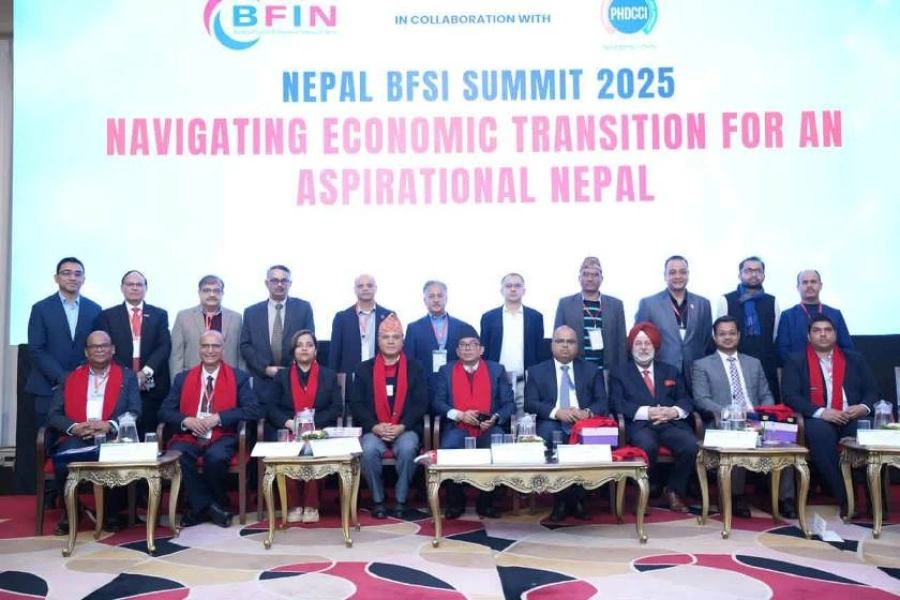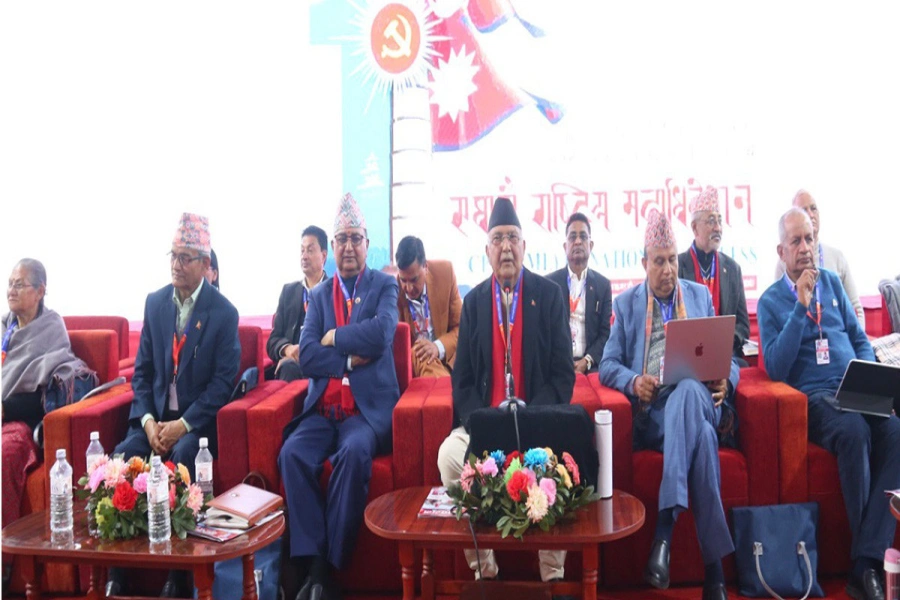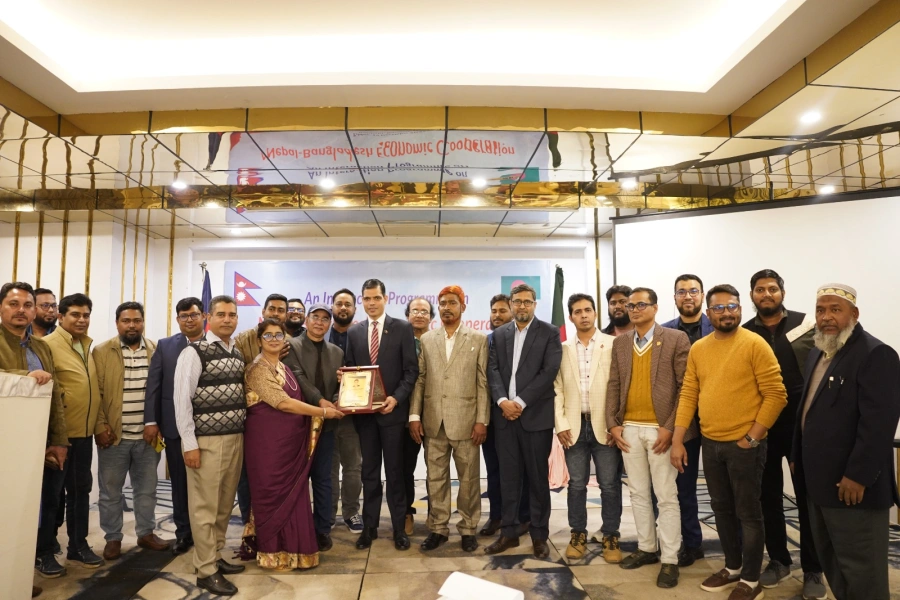As Nepal's electricity export to India surges to over Rs 12.50 billion in the first four months of the current fiscal year, it is high time for the nation to recognize the gold mine lying in its hydropower potential. The recent data from the Nepal Electricity Authority (NEA) showcases not only a substantial increase in revenue from electricity export but also unveils a promising avenue for economic growth and sustainable development. In the given period, Nepal exported more than 1.361 billion units of electricity, yielding an income that surpassed last year's earnings by Rs 4.86 billion. This impressive leap can be attributed not only to the increased quantity of electricity sold but also to the higher price at which it was traded. The average rate of Rs 9.18 per unit this year compared to Rs 7.76 per unit in the previous year underscores the growing market demand and the strategic importance of Nepal's electricity in the region.
Leaders stress policy changes to reap benefits from China

The surge in electricity exports is a testament to the growing reliance on clean energy sources in the region. India, with its ambitious goal of achieving zero carbon emissions by 2070, is actively seeking renewable energy options. Nepal, with its abundant hydropower potential, stands as a key partner in India's pursuit of sustainable energy. Nepal's vision of producing 15,000 MW of electricity by 2030 aligns with the global push towards cleaner energy. Minister for Energy, Water Resource, and Irrigation, Shakti Bahadur Basnet's announcement of the government's plan to produce an additional 28,000 MW of electricity by 2035 is a commendable stride towards energy self-sufficiency and a cleaner and greener future not just in Nepal but in the entire region. Hydropower, being a renewable and environmentally friendly energy source, is a key player in achieving sustainable development goals. The government's commitment to harnessing Nepal's hydro potential is a strategic move that not only benefits the national economy but also contributes to the global fight against climate change.
Nepal's hydropower developers have rightly called for expediting power purchase agreements. The government must streamline bureaucratic processes and provide a conducive environment for further attracting private investment in the hydroelectric sector. A collaborative effort between the government and independent power producers is crucial for the successful realization of the ambitious goal of producing an additional 28,000 MW of electricity. Needless to say, the economic windfall from electricity exports presents an opportunity for Nepal to diversify its revenue streams and reduce its dependence on traditional sectors. The hydro potential is not merely a means of generating revenue; it is a catalyst for comprehensive economic growth, job creation, and technological advancement. Nepal's success in the hydroelectric sector will not only elevate its economic standing but also position it as a regional leader in clean energy. As the demand for clean energy continues to rise, seizing the hydro potential is not just a choice but a responsibility towards a greener and more prosperous future.






































